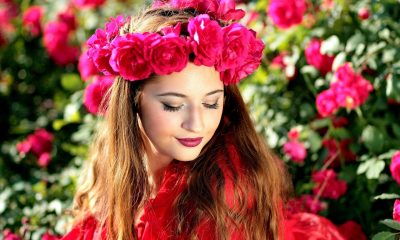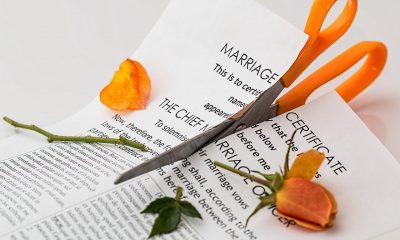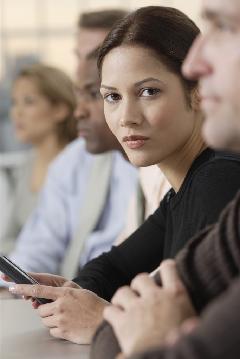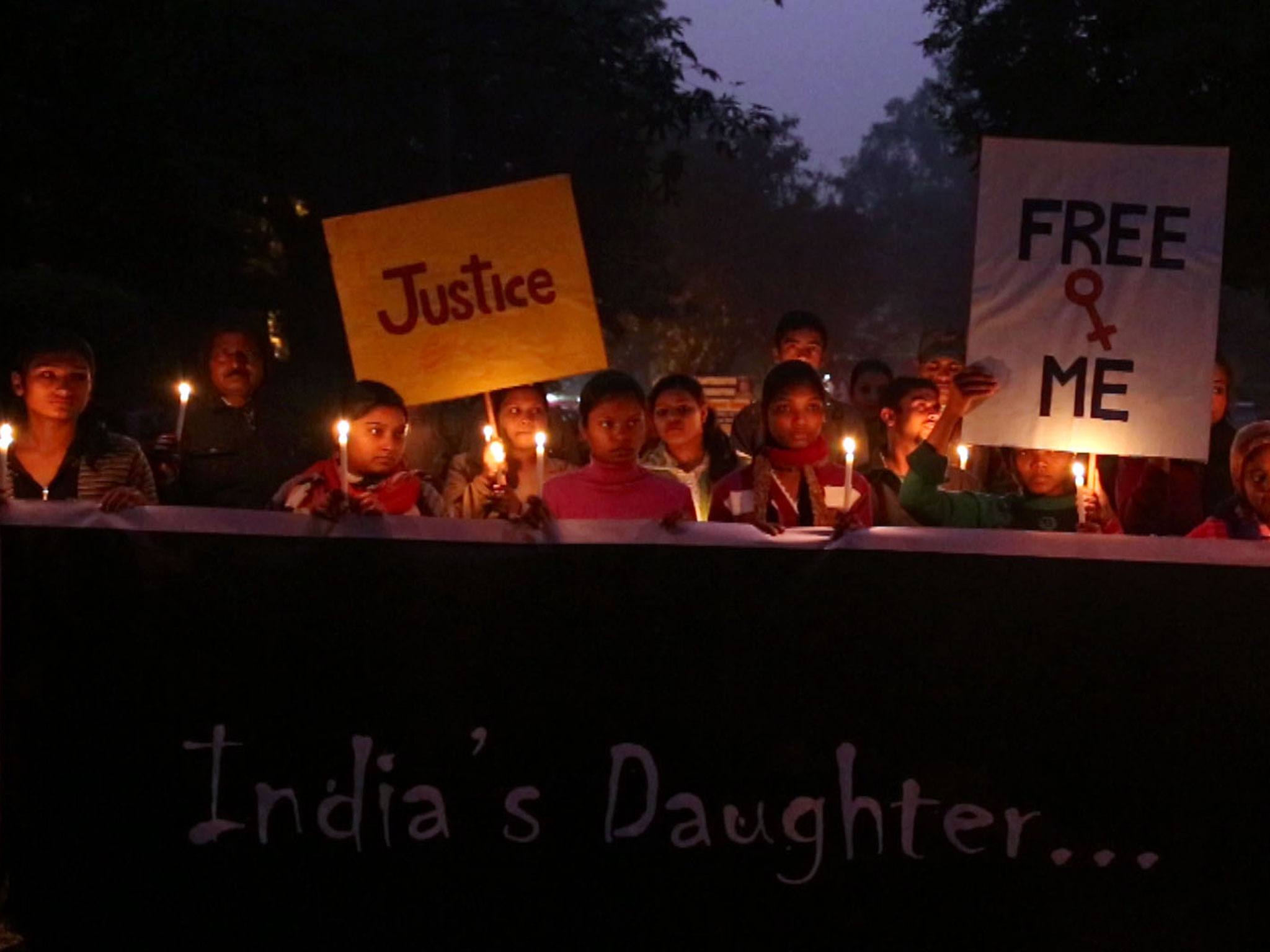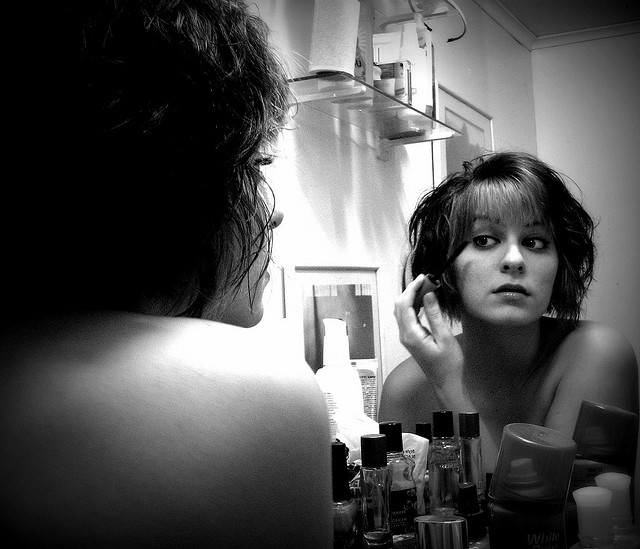Blog
Beauty and Self Perception: A review of Dove Real Beauty Sketches Campaign
[yt video = XpaOjMXyJGk]
With social media and the blogosphere brimming with vast and drastically contrasting views on this recent phenomenon, I felt that I had a few things to share. Thoughts, personal opinions….all up for debate.
It might be only me, but my first reaction to the video was that it is much more about self-perception than about beauty. There is not much meaning in saying someone is more beautiful than she thinks, as it is entirely a matter of perception. The idea therefore is about a more positive image of oneself. The message did not even strike me as being gender specific before I read the several critiques of it. Beauty seemed only incidental, the concept of the video could apply to any of the various traits in ourselves that we judge (often too harshly) and which contribute to our overall self image.
It did not surprise me that the strangers in the video described the women in a more positive light than they did themselves. After all don’t most of us grow up learning that it is mean and socially inappropriate to say negative things about another person’s appearance? At the same time aren’t we also made to believe that praising your own beauty makes us come across as haughty and vain? While I do think a lot of the comments the participants in the video made about themselves were indeed driven by a genuine sense of insecurity, it seemed only natural that a nice and polite stranger (as described in http://www.fastcocreate.com/1682823/the-story-behind-doves-mega-viral-real-beauty-sketches-campaign) who met them for the first time would be more generous in describing them than they themselves, just going by codes of good social conduct. So the point being made was that we could look at ourselves in a more positive light if we chose to, just as these strangers did (which might be driven by what they considered socially appropriate behaviour). It’s after all, all in the mind! And that, is a powerful message!
However, I do see some of the points made by the myriad articles and posts criticizing the video. One consistent and fundamental objection against it has been that it reinforces the cultural stereotype of valuing external appearance as an asset, and that too, as per a narrow definition of beauty set forth by socio-cultural conditioning as a measure of self worth. True, in an ideal world people’s notion of self worth should not be tied to physical beauty. Definitely not to the extent of affecting career choices, choice of friends and passing on inferiority complex to the next generation. In an ideal world it should be ok to not look good. But the truth is we do not live in an ideal world.
A lot of people blame media and beauty product brands for promoting the aspirational value of beauty. While they certainly play a role, I think the issue is more inherent, not to mention, far more timeless. It probably started at time immemorial with all the ballads and poetry extolling feminine beauty. But that’s besides the point.
This is an intuition (somewhat validated by a quick glance at Psychology papers), but I believe that to be able to like how one sees oneself is an important contributor to happiness. The idea of aesthetics is intrinsically tied to our sensibilities, and so is the desire to be perceived well by others. I am not altogether sure if it is possible to completely separate one’s own perceived beauty from one’s overall self image and confidence, although, no doubt that would be ideal. At least, not easily. Because it operates at a sub-conscious level. To not like what one sees in the mirror and yet be perfectly at ease with it is indeed difficult to achieve, maybe something that can potentially be altered by several years of conditioning.
What can change more easily, and yes, media plays a huge role here, is the definition of what constitutes beauty. To make it broad enough so that everyone finds something appealing in themselves. To try and break out of stereotypical narrow definitions of what is attractive. To reinforce the idea that everyone is beautiful for different reasons. The Dove campaign is a step in that direction. Though as some of the detractors aptly said, it does use some stereotypical indicators of beauty (e.g. thin, blue eyes, etc.) in its descriptions. But then again, it is not a scripted video. It is real people talking and there is only so much control over the exact details. And it never seemed that the underlying message has anything to do with the specifics.
Blog
4 Tips On Coping After A Bad Car Accident
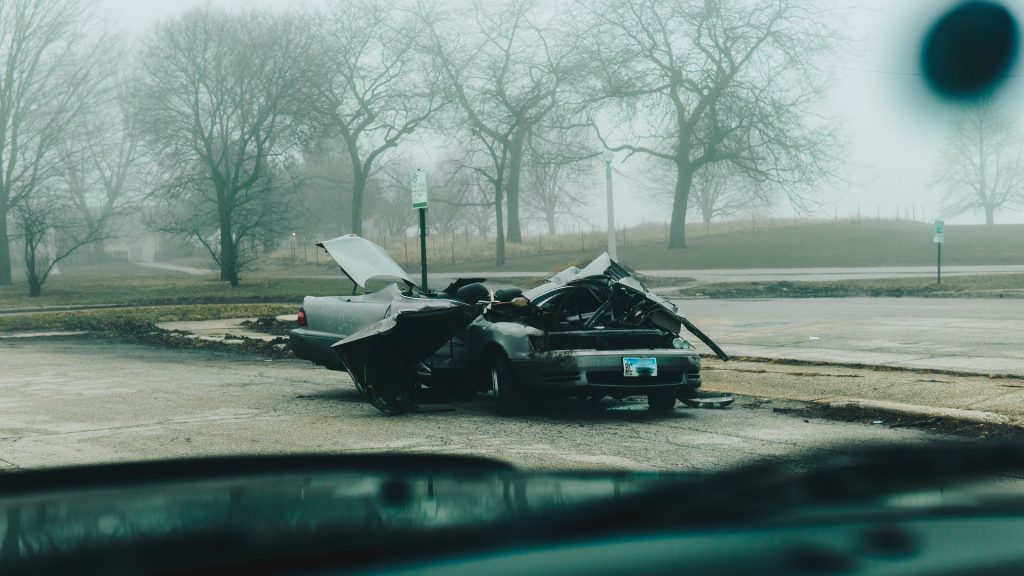
Following a car accident, your physical well-being is naturally at the front of your concern. When you’ve been seriously hurt, though, it can take longer to recuperate both mentally and physically. Even when your body has healed and you’ve gotten back on your feet, the consequences on your mental health may persist. In these circumstances, you must give yourself time to heal, and here is some advice on how to cope emotionally after a bad car accident.
Talk about your worries and concerns
After a major car accident and injury, you may develop concerns and anxiety about a specific event. Talk to your doctor or a psychologist about your anxieties; they may be able to help you overcome them through counselling.
You might want to speak with other people who have been in serious car accidents to learn how they dealt with the initial phases of rehabilitation. While a doctor can help you through psychotherapy, interacting with someone who has been in your shoes can sometimes be more beneficial.
Get the financial help you need
Not only has your car been wrecked, but you may also be out of work for an extended length of time, which can have a negative influence on your income and lead to debt. As a result of these debts, your mental health may be suffering, and you may find yourself thinking about them frequently, causing you to lose concentration on other things.
Speaking with an experienced group of car accident attorneys to see if you have a legitimate case can help you seek financial assistance for your car accident. If you weren’t at fault, you may be able to seek compensation to help you get back on your feet financially. Alternatively, you might speak with a debt counselor about how to pay off your obligations while staying on track with your present budget.
Don’t delay driving
It’s understandable if being in a car accident has made you reluctant to travel by car, especially if you’re the one behind the wheel. However, if you wait a long time after an accident to get back in the car, you’ll be less inclined to ever drive again. Consider the advantages of driving, such as the flexibility to go wherever you choose, the lack of public transportation fees, and the overall convenience for shopping and leisure activities. Slow down, bring someone along to help, and you’ll be back behind the wheel in no time.
Consider a safer car
Finally, even the safest cars can be involved in serious accidents. If you believe your car choices have been unsafe, you might want to look into safer car options. Looking for family cars with extra safety features will make you feel safer while driving, as well as provide you with an extra layer of protection in the event that your car is involved in another accident. Remember, studies show that if you obey the rules of the road and drive carefully, you’re considerably less likely to get into another accident.
Consult With An Attorney
Road accidents are among the most severe types of traffic accidents. They often result in serious injuries or even death. If you have been involved in a car or motorcycle accident, it is essential to consult with an experienced attorney as soon as possible. Motorcycle accident attorneys have the knowledge and resources to help you recover the compensation you deserve. They can help you negotiate with insurance companies and file a lawsuit if necessary. Motorcycle accident attorneys will also work to ensure that the responsible parties are held accountable for their actions. By consulting with an attorney, you can give yourself the best chance of recovering from a motorcycle accident.
Blog
How To Improve Your Credit Score
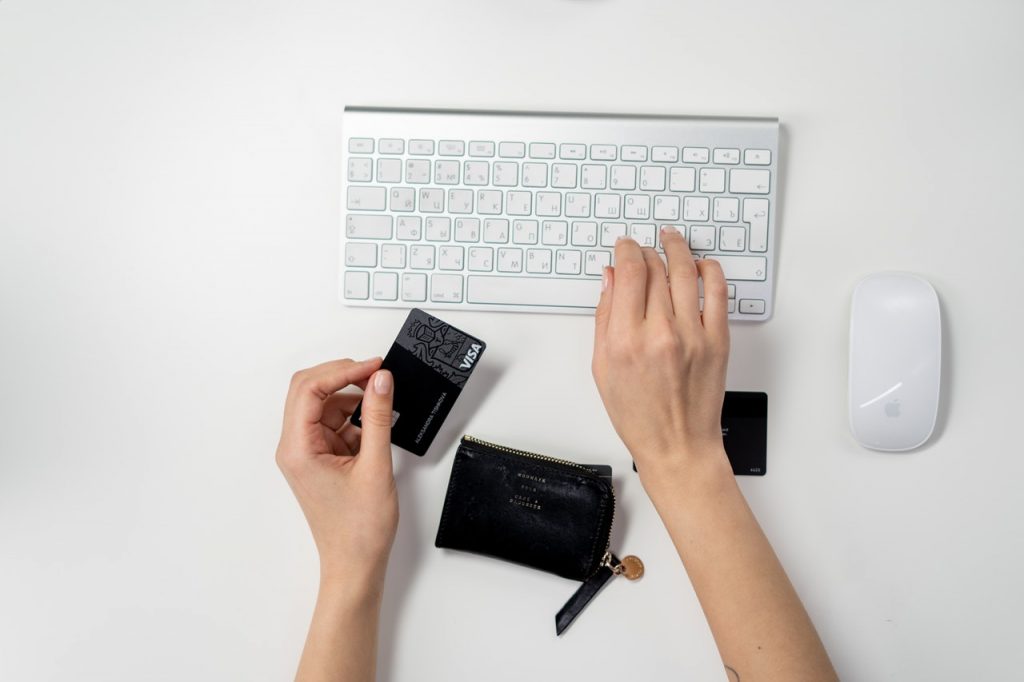
Your credit score is one of the most important things you have in life as it can determine how much money you can borrow. It is something that will be analyzed to determine your affordability for large purchases such as a house, car or if you want to put an item like a phone or expensive watch on finance. Your credit score can be bad for a number of reasons, such as if you have large amounts of debt, if you miss payments or are not on the electoral roll. If you find yourself being contacted by skip tracing for late payments, this will also have a negative affect. To avoid this from happening, it is important to try and build up your score. Whether you have a low score now that you are trying to improve, or you are looking to build your score to the best it can be as you will soon be applying for a large purchase, here are some ways that you can improve it in no time.
1. Keep your credit utilisation low
It is important to keep your credit utilisation low so you don’t look like you rely solely on credit. Credit should be to boost your finances and not something that you solely depend on. You should always try to use less than 50% of your credit utilisation so it shows this. If you can keep your credit usage below 25% of the limit that is the best way to improve your score. If you have used quite a lot of credit it could be worth upping your limit (but not spending any more on it) so it means you are within your 50% limit.
2. Make your payments on time
Late payments are a massive no-no when trying to improve your credit and can stay on your credit report for up to seven years. This is why it is so important to ensure that you make your payments on time, every single month. If you find that you forget to make payments on time, why not try setting up a direct debit that takes the money straight from your account and pays the other debt off? This way you don’t need to remember to do it yourself every month and will make sure that you never miss a payment.
3. Build your credit history
If you don’t have any credit, then it is a good idea to get some so that companies can see how well you pay bills and debts. Why not get a credit card with a small limit and pay it off in full each month? Or take out a phone contract that is in your name? Also make sure that you get on the electoral roll. This is often a problem that a lot of young people have regarding credit but can easily be built up with a few steps.
These are just a few of the ways that you can improve your credit score. By implementing this you will find that your credit score will soon improve and help you with future financial applications.
Blog
Would you like getting paid to take surveys?

Taking paid surveys are one easy way to make money in EEUU because you can work at home. The actual social and laboral situation is being difficult to find a job. You can see the positive side: you have a good opportunity to get paid to take surveys.
Honestly, you will not be absolutely rich even if you don´t have a good personal situation but it´s a good way to make money. And if you live in EEUU, you are lucky because this job is better paid than other countries.
Many companies stay in USA and many market studies are done around the country so it is the place where more money are given to people who do the survey completed. The brands want to know what people are talking about, what are their opinion about one product, how is their life, etc. And the paid surveys are a good way to find out it. While more specifics are the answers, the results are getting better for the companies who will be closer than their public objective.
Would you like working to get paid to take surveys? Pay attention to this.
How to apply for paid surveys work
If you are interested in working to get paid to take surveys, you must to login in a sure platform and register. It´s completely free. Once you sign up, you have to wait for an email be sent you, so you need to check the account inbox serveral times.
You need to answer some questions about you because it´s important to create one profile and they can send you questions according to your personality depending on your preferences. One tip is you can answer the questions as precise as possible. On this way, your possibilites to get the job are higher. When you finish to fill your personal information, just wait.
How paid surveys work
You will be better paid in EEUU than other countries. To be honest, you will not be rich taking surveys but it´s extra money if you need anytime. So, get away those companies that promise you earn a lot of money with paid surveys because its not so. When you do the first survey, you will be paid with from $1 to $4. It´s not too much but enough money to help you.
There are a lot of places where you can apply but don´t trust those that promise you earn a lot of money taking paid surveys because it´s not real. You can check, for example, the web https://topencuestaspagadas.net. They show you some safe places.
Getting paid to take surveys is a good way to earn money in EEUU. Many companies are making products every time and they want to know the public´s opinion before the product is sold. This is your opportunity because in EEUU nothing is stopped. So if you want extra money, just apply.


